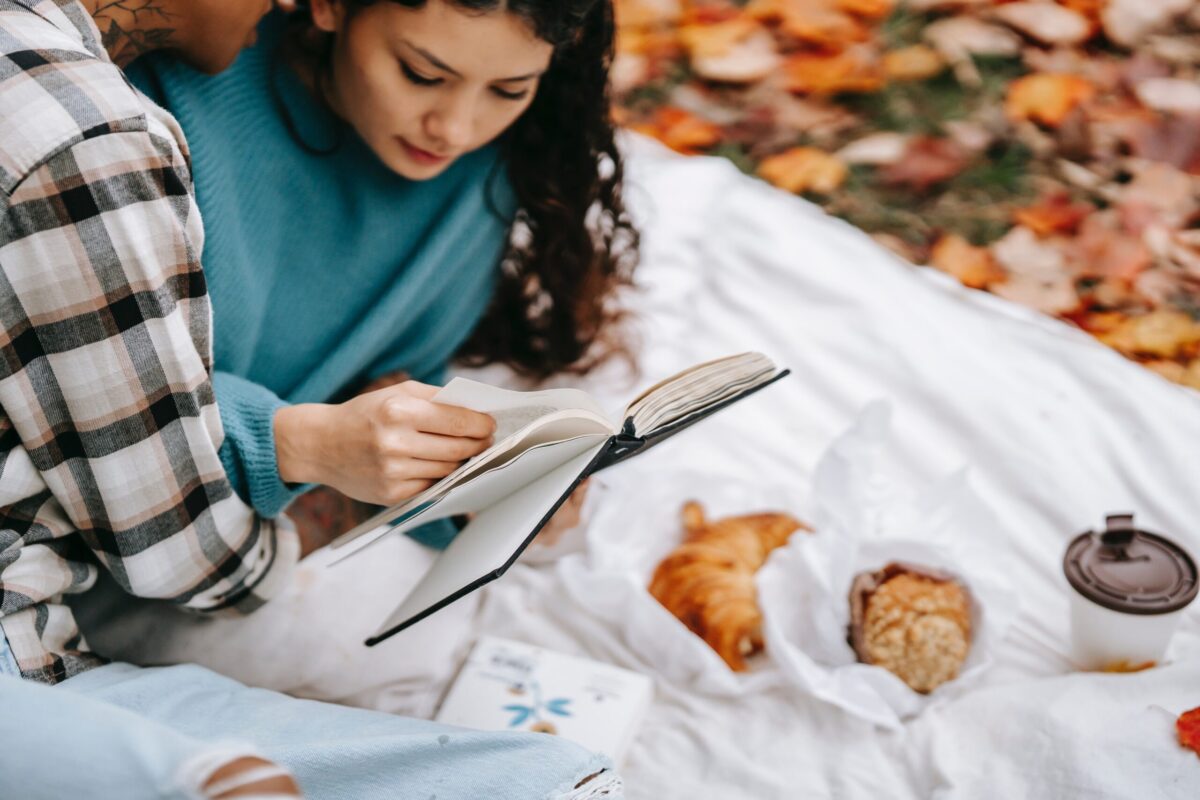4 Bisexual Poets to Read This Bisexual Visibility Month
It’s September, which means it’s also Bisexual Visibility Month! This month exists to recognize and celebrate bisexual people—or people attracted to two or more genders. Bisexuals have often been referred to as the “invisible majority” within the LGBTQ+ community, with two-thirds of young queer adults identifying as bi.
However, there’s often less representation and understanding of bisexuals, as they can face discrimination from both queer and heterosexual communities. Many describe feeling “not straight enough” or “not gay enough” to have their identity recognized, and also relate to the isolating experience of people assuming their sexuality based on the gender of their current partner. These bisexual poets speak out about these interactions and stereotypes, as well as uplift the complexity and beauty of bisexuality through their writing.
June Jordan
As someone who wrote from the intersections of Blackness, womanhood, and queerness, June Jordan placed liberation and revolution at the heart of her poetry. It turns out that her bisexual identity helped her access this unflinchingly free and defiant perspective within her work. “Bisexuality means I am free and I am as likely to want to love a woman as I am likely to love a man, and what about that?” Jordan is quoted as saying. “Isn’t that what freedom implies?” Jordan claimed this identity continuously in her writing, even as she faced stigma and a lack of understanding. Jordan’s bisexuality informed one of her most popular poems, “Poem about My Rights,” in which she proclaims, “I am not wrong: Wrong is not my name / My name is my own my own my own.”
Muriel Rukeyser
Another renowned activist poet, Muriel Rukeyser was openly bisexual throughout her entire literary career, which began in the 1930s with the publication of her collection Theory of Flight. At different points in her life, Rukeyser fell in love with the professional athlete Otto Bock and with her literary agent Monica McCall, and she would go on to write poems about both of these impactful relationships. In her poem “Käthe Kollwitz,” which pays tribute to the iconic bisexual painter and sculptor, Rukeyser writes, “I believe / that bisexuality / is almost a necessary factor / in artistic production.”
Marcelo Hernandez Castillo
In an interview with Ploughshares, Marcelo Hernandez Castillo explains that the feeling of “betweenness” that he attributes to bisexuality—as well as the experience of being other, but not seen as such—is a complicated experience that best comes across in poetry. Castillo identifies as bisexual and is married to a woman, an often overshadowed type of queerness that he writes about in Cenzontle. The collection speaks to having queer desire within a marriage that still fits heterosexual norms, and also situates this narrative within Castillo’s immigrant and Latinx identity. In his poem “First Wedding Dance,” Castillo takes a typically traditional experience—a wedding between a man and a woman—and illuminates its nuances, writing from a queer and gender-expansive point of view: “I told you I always wanted a silk train. / We can both be the bride, / we can both empty our lover. / And there’s nothing different about you—/ about me—about any of this.”
Hera Lindsay Bird
Hera Lindsay Bird’s poetry contends with stereotypes about bisexuality through multiple lenses—both subtle resistance and whimsical reclamation. In response to the stereotype that bisexual people want to sleep with everyone, Bird wrote the aptly titled “Bisexuality,” which she described as an attempt to “embrace the joy of being gay.” In it, Bird embodies these bisexual stereotypes, endowing them with flamboyance, fun, and a carefree outlook: “To be bisexual is to be out of office, / even to yourself / Like a rare sexual Narnia and no spring in sight / They won’t let you out of the closet to get back in again / Deep in the winter coats, a little snow starts falling.” Along with Narnia, Bird also finds unexpected metaphors for sexuality that include “urban sandstorms” and “sexual amphibiousness.” Bird exudes this same revelry and playfulness in her award-winning poetry chapbook Pamper Me to Hell and Back.




